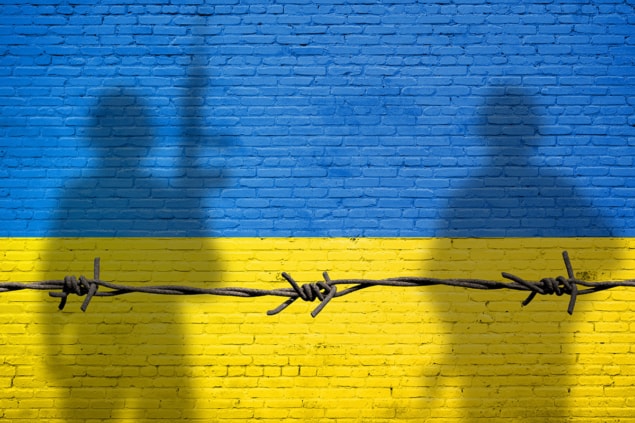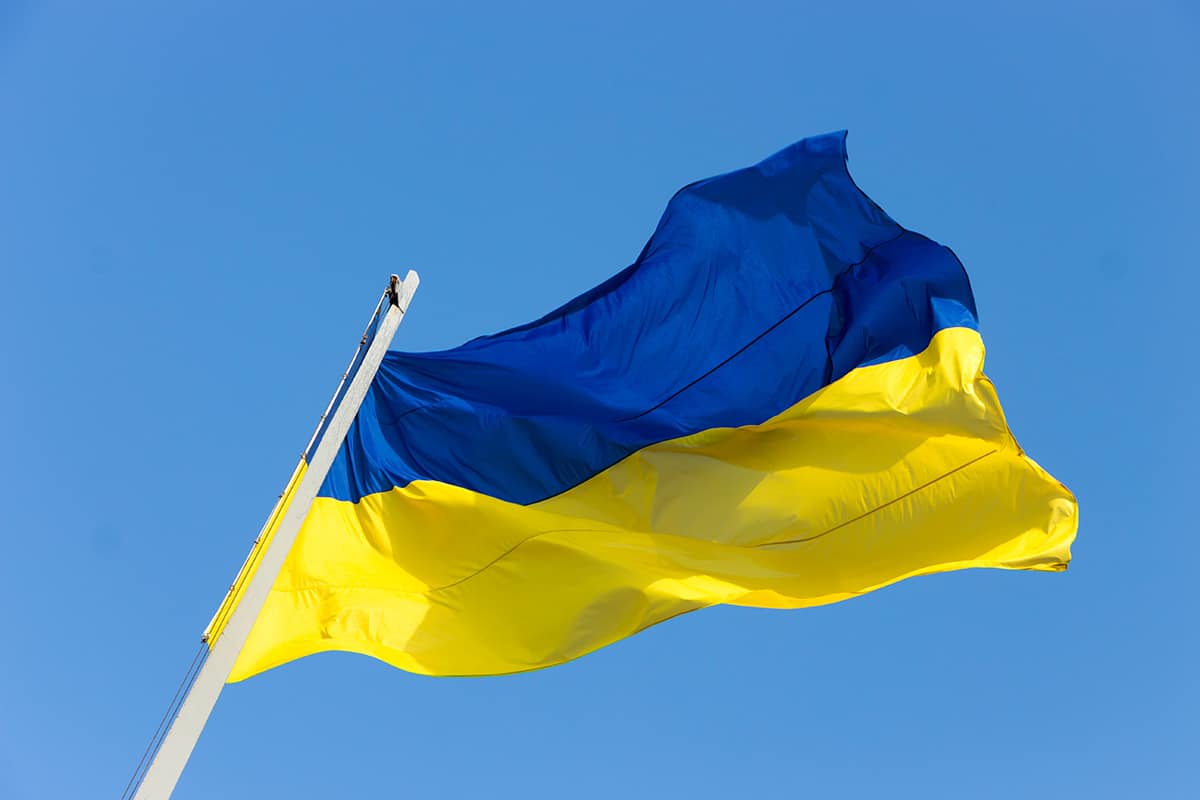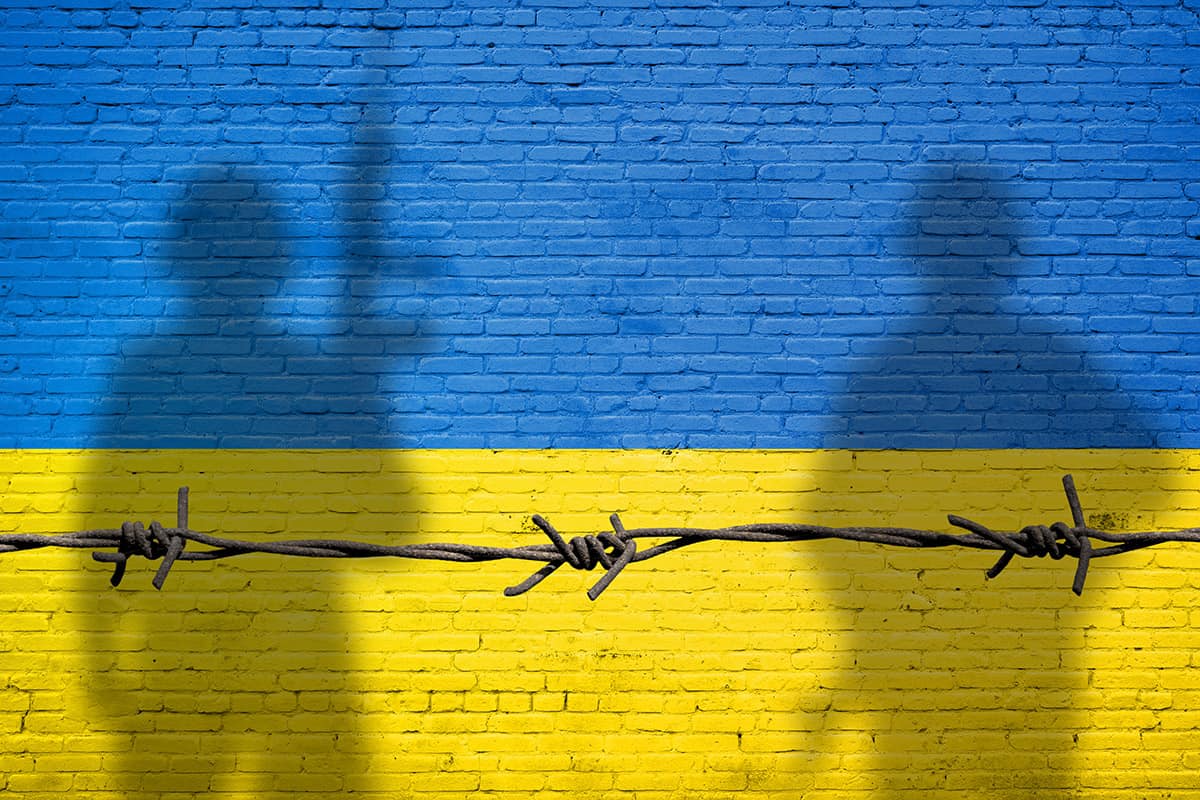Russia’s invasion of Ukraine is a test for those who want science and politics kept apart, says Physics World editor-in-chief Matin Durrani

The world has been shocked by Russia’s invasion of Ukraine – but no-one ought to have been surprised. Under president Vladimir Putin, Russia had already invaded the country in 2014 – annexing the Crimean peninsula – and supported Russian separatist forces in the Donbass region. Early last year it also started massing troops on the Ukrainian border. If anyone was in any doubt, Putin spelled out his intentions last July in a 5000-word essay, claiming that Russia had been “robbed” of lands in Ukraine.

Ukraine crisis: updates on the response from the physics and astronomy community
Quite rightly, the invasion brought immediate indignation from the international scientific community.
Statements condemning it were released by the likes of the American Physical Society, the Institute of Physics and the European Physical Society. Conferences and meetings due to take place in Russia were swiftly cancelled. Space missions and launches involving Russia were delayed or postponed, with ExoMars being the latest craft to be put on hold. Letters of opposition were released, including one signed by more than 200 Nobel prize winners calling for Putin to recall his armed forces.
The letter’s withdrawal was a chilling reminder of what Russia’s political climate has become.
Most striking was a letter signed by more than 2500 staff and students from the Moscow Institute of Physics and Technology (MIPT). Stating that the MIPT could surely “not support this senseless and outrageous war”, the signatories hoped their letter would encourage other universities in Russia to condemn their country’s leaders too.
But with a new law threatening 15-year prison sentences for anyone discrediting the Russian military, the letter’s organizers swiftly deleted it, fearing the safety of its signatories.
The letter’s withdrawal was a chilling reminder of what Russia’s political climate has become. Amid all the rightful condemnation of the invasion, we should not forget that there are many ordinary Russian physicists, like the signatories of the MIPT letter, who are appalled by the war. They will only face further difficulties as international sanctions start to bite.

Horror and hope for Ukrainian scientists
Life is harder still for physicists in Ukraine, who find themselves caught in a humanitarian crisis not of their making and having to flee centres of attack. They also face the danger of military strikes on their country’s civilian nuclear-power plants and the potential for Russia, which has a huge arsenal of nuclear weapons, to engage in nuclear attacks. One physicist in Ukraine – Vasyl Kladko – was even shot dead by Russian forces last month.
Life is harder still for physicists in Ukraine, who find themselves caught in a humanitarian crisis not of their making and having to flee centres of attack.
These are tough times for those who see science as a force for peace. The CERN particle-physics lab struck the right balance by suspending Russia’s “observer” status while standing behind Russian scientists at the lab.
All eyes will now be on ITER, which is building a fusion reactor in France. The project was forged at the tail-end of the Cold War to let Russian and western scientists collaborate for the wider good of humanity. Those principles are now being put fully to the test.
